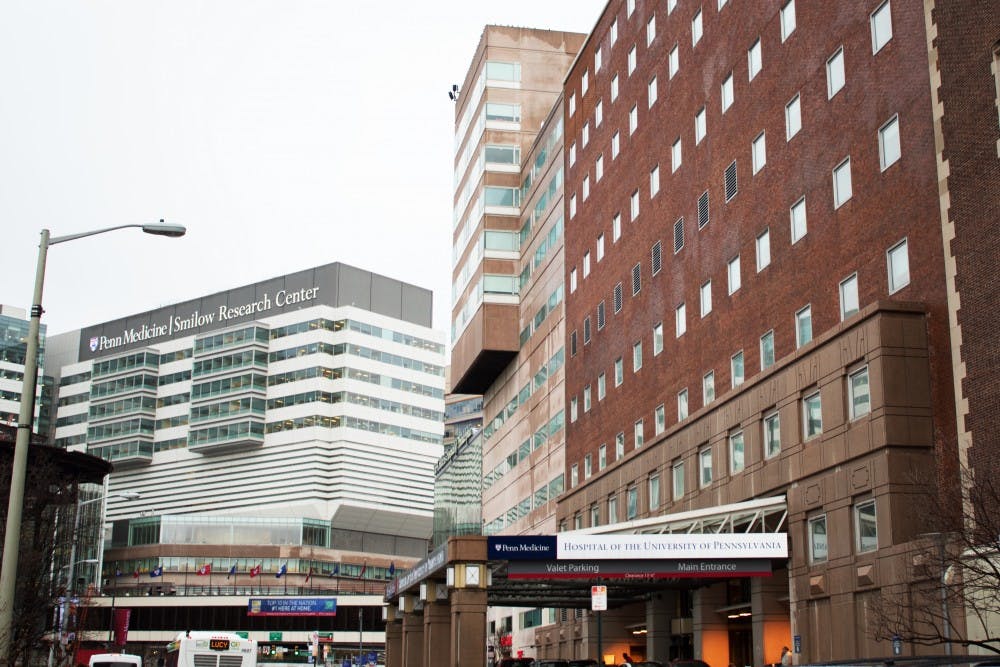
Americans are finally getting more sleep each night, according to a recent Penn Medicine study that examines sleep trends over 14 years.
The study reports that from 2003 to 2016, sleep duration increased by 17.3 minutes of sleep each day. This amounts to 4.4 additional days of sleep a year, which researchers attribute to a newfound collective willingness to go to bed earlier. Perelman School of Medicine professor Mathias Basner led the study, which was published in SLEEP journal on Jan. 8.
While earlier findings reported that people were not willing to forsake pre-bed activities, which leads to a longer time to fall asleep, an increasing population are much more apt to relax before sleep. The ability to perform tasks such as shopping and banking online also may have allowed Americans more time to sleep, Basner told Penn Medicine News.
Basner has spoken extensively about the prospective benefits of this increase. “If we only got more sleep, we would then see that we actually perform better and would probably be more creative and more productive during the day,” Basner said to The New York Times.
Studies show that a lack of sleep has disastrous long-term effects, including weight gain, focus issues, and a heightened risk of both heart disease and Type 2 diabetes, according to Penn Medicine.
Penn researchers also attribute the sleep increase possibly to an overflow of scientific findings published from 2003 to 2016 on the consequences of “short sleep.” The study found that the amount of Google searches on this topic has doubled over the years. The heightened awareness of these drawbacks may have encouraged people to skimp less on the number of hours they sleep.
However, according to the Center of Disease Control, a third of adults in America are still not sleeping enough on a regular basis — Penn students among them. Last year, a fitness tracker company reported Penn students as the second-latest sleepers out of 137 undergraduate universities studied, with an average weekly bedtime of 1:22 AM.
The Daily Pennsylvanian is an independent, student-run newspaper. Please consider making a donation to support the coverage that shapes the University. Your generosity ensures a future of strong journalism at Penn.
Donate




